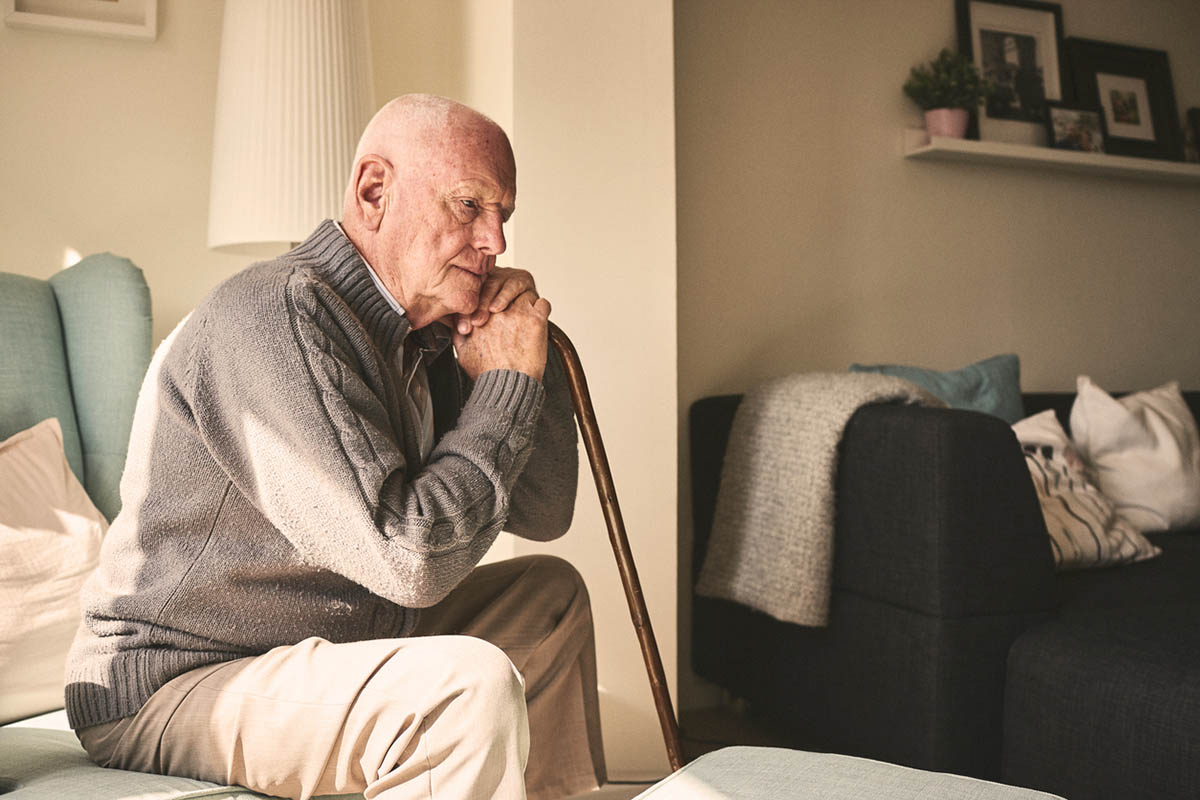See reply by Barber, et al, and related article by Barber, et al.
Evidence for Short-Term Psychodynamic Psychotherapy for Depression
To the Editor: We commend Barber and colleagues1 on publishing their recent randomized controlled trial (RCT) comparing a form of brief psychodynamic therapy (supportive-expressive therapy2), antidepressant medication, and placebo for treating depression.
We are struck by the failure to find an overall group treatment effect for psychodynamic treatment relative to placebo. This finding is at odds with existing research.
Multiple meta-analyses have found that short-term psychodynamic therapies yield impressive pretreatment versus posttreatment effect sizes (ESs, Cohen d) on depression measures for patients with depression alone (ES = 1.34),3 depression plus personality disorders (ES = 1.34),4 personality disorders alone (ES = 0.92),5 and somatic disorders (ES = 0.97),6 in which depression is common and difficult to treat. Psychodynamic psychotherapies outperform control conditions7 and are as effective as other therapies generally considered "evidence based" (eg, cognitive-behavioral therapy).8 We refer readers to the 13 RCTs previously of short-term psychodynamic psychotherapy for depression reviewed by Driessen et al.3 Studies with other research designs also show robust effect sizes.2
One wonders what treatment-related, patient-related, or other factors may have produced the atypical result of the Barber et al study. Some possibilities may include the following:
The sample was composed largely of patients who may have been struggling with basic life needs (eg, food, clothing, shelter, safety). Nearly half were unemployed, and three-quarters may have been living near or below poverty level. Most psychodynamic (and other) therapists would regard meeting basic needs a prerequisite to engaging in psychotherapy.
Nearly two-thirds of the patients were actively abusing substances or had a history of substance abuse/dependence. Few professionals would recommend psychodynamic psychotherapy for a person with substance abuse without first (or at least concurrently) treating the substance abuse. Substance abuse is notoriously difficult to treat with any therapy.
The medication and placebo conditions may have been confounded with a de facto psychotherapy intervention based on therapeutic common factors. Patients in the medication and placebo conditions were seen weekly for the initial 6 weeks, the period during which virtually all improvement occurred for all groups. Common therapy factors include, for example, a therapeutic alliance, an ongoing relationship, discussion of problems and symptoms, instilling hope, observation and monitoring, and other factors inherent in healing relationships.9 In clinical practice, it is unlikely that a patient treated with antidepressant medication would be seen weekly. Common factors account for the lion’s share of variance in outcome in all forms of psychotherapy. It is possible that the effects of common factors overrode specific effects of antidepressant medication or the supportive-expressive therapy provided in the Barber et al study.
We offer these observations in the hope of stimulating discussion and thought. If the authors have further comments on these and other issues that might account for the atypical findings, they would be welcomed.
References
1. Barber JP, Barrett MS, Gallop R, et al. Short-term dynamic psychotherapy versus pharmacotherapy for major depressive disorder: a randomized, placebo-controlled trial. J Clin Psychiatry. 2012;73(1):66-73. PubMed doi:10.4088/JCP.11m06831
2. Luborsky L. Principles of Psychoanalytic Psychotherapy: Manual for Supportive-Expressive Treatment. New York, NY: Basic Books; 1984.
3. Driessen E, Cuijpers P, de Maat SC, et al. The efficacy of short-term psychodynamic psychotherapy for depression: a meta-analysis. Clin Psychol Rev. 2010;30(1):25-36. PubMed doi:10.1016/j.cpr.2009.08.010
4. Abbass A, Town J, Driessen E. The efficacy of short-term psychodynamic psychotherapy for depressive disorders with comorbid personality disorder. Psychiatry. 2011;74(1):58-71. PubMed doi:10.1521/psyc.2011.74.1.58
5. Town J, Abbass A, Hardy G. Short-term psychodynamic psychotherapy for personality disorders: a critical review of randomised controlled trials. J Pers Disord. 2011;25(6):723-740. PubMed
6. Abbass A, Kisely S, Kroenke K. Short-term psychodynamic psychotherapy for somatic symptom disorders: systematic review and meta-analysis of clinical trials. Psychother Psychosom. 2009;78(5):265-274. PubMed doi:10.1159/000228247
7. Abbass AA, Hancock JT, Henderson J, et al. Short-term psychodynamic psychotherapies for common mental disorders. Cochrane Database Syst Rev. 2006;(4):CD004687. PubMed
8. Abbass A, Driessen E. The efficacy of short-term psychodynamic psychotherapy for depression: a summary of recent findings. Acta Psychiatr Scand. 2010;121(5):398-399, author reply 398-399. PubMed doi:10.1111/j.1600-0447.2009.01526.x
9. Frank J, Frank J. Persuasion and Healing: A Comparative Study of Psychotherapy. Baltimore, MD: Johns Hopkins University Press; 1991.
Author affiliations: Centre for Emotions and Health, Dalhousie University, Halifax, Nova Scotia, Canada (Drs Abbass and Town); and Department of Psychiatry, University of Colorado School of Medicine, Denver (Dr Shedler).
Potential conflicts of interest: None reported.
Funding/support: This work is supported by the Dalhousie University Department of Psychiatry and the Nova Scotia Department of Health.
doi:10.4088/JCP.12lr07633
© Copyright 2012 Physicians Postgraduate Press, Inc.





